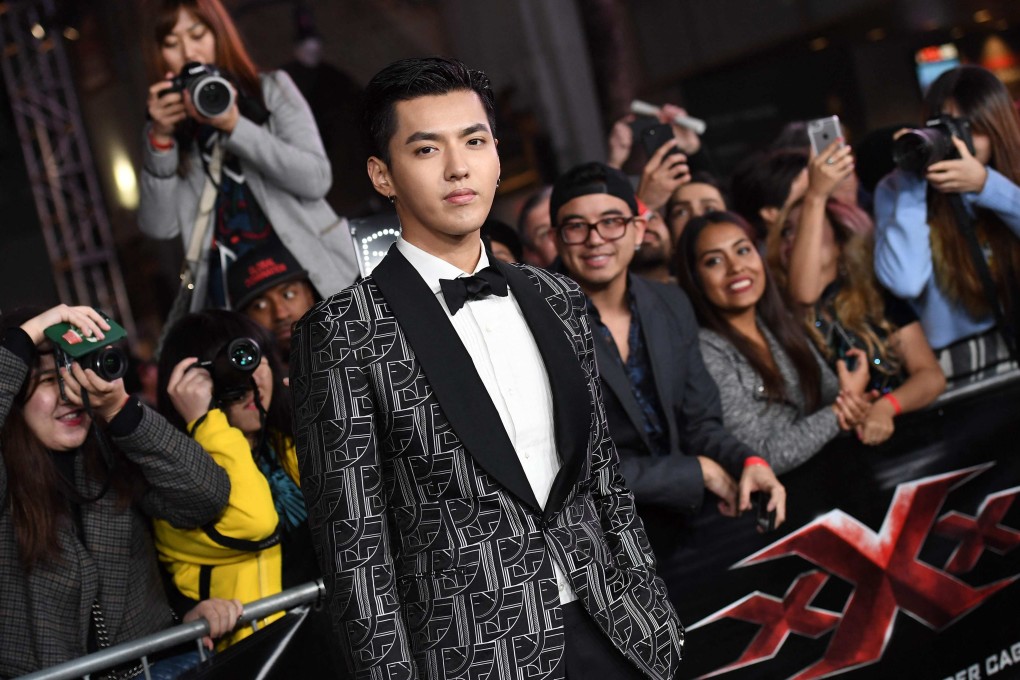Beijing’s campaign to ‘discipline’ celebrities expands to what they can do on social media
- Online platforms will be required to monitor celebrity accounts and report any inappropriate activity to the authorities
- The notice also banned the act of whitewashing’ any celebrity who has broken the law or engaged in what is deemed as unethical behaviour

The new measures include a limit on the number of accounts they can have, a ban on showing off a luxury lifestyle, and restricting posts that show their work and activities, according to the Cyberspace Administration of China (CAC).
The CAC notice, dated October 26 but released publicly on Tuesday, was designed to “further strengthen the work related to online information regulation of entertainment stars”. It also bans paparazzi that expose the private life, home address or schedules of stars.
“Some online publicity about celebrities is undisciplined. Gossip and private information have occupied the front page and trending topics of some websites, taking up a lot of public resources”, the CAC said.
The watchdog said information about stars shall “adhere to the correct direction of public opinion and value orientation, and promote core socialist values”.
Under the new rules, online platforms, especially social media and other information aggregators, will be required to monitor celebrity accounts and report any inappropriate activity to the authorities.